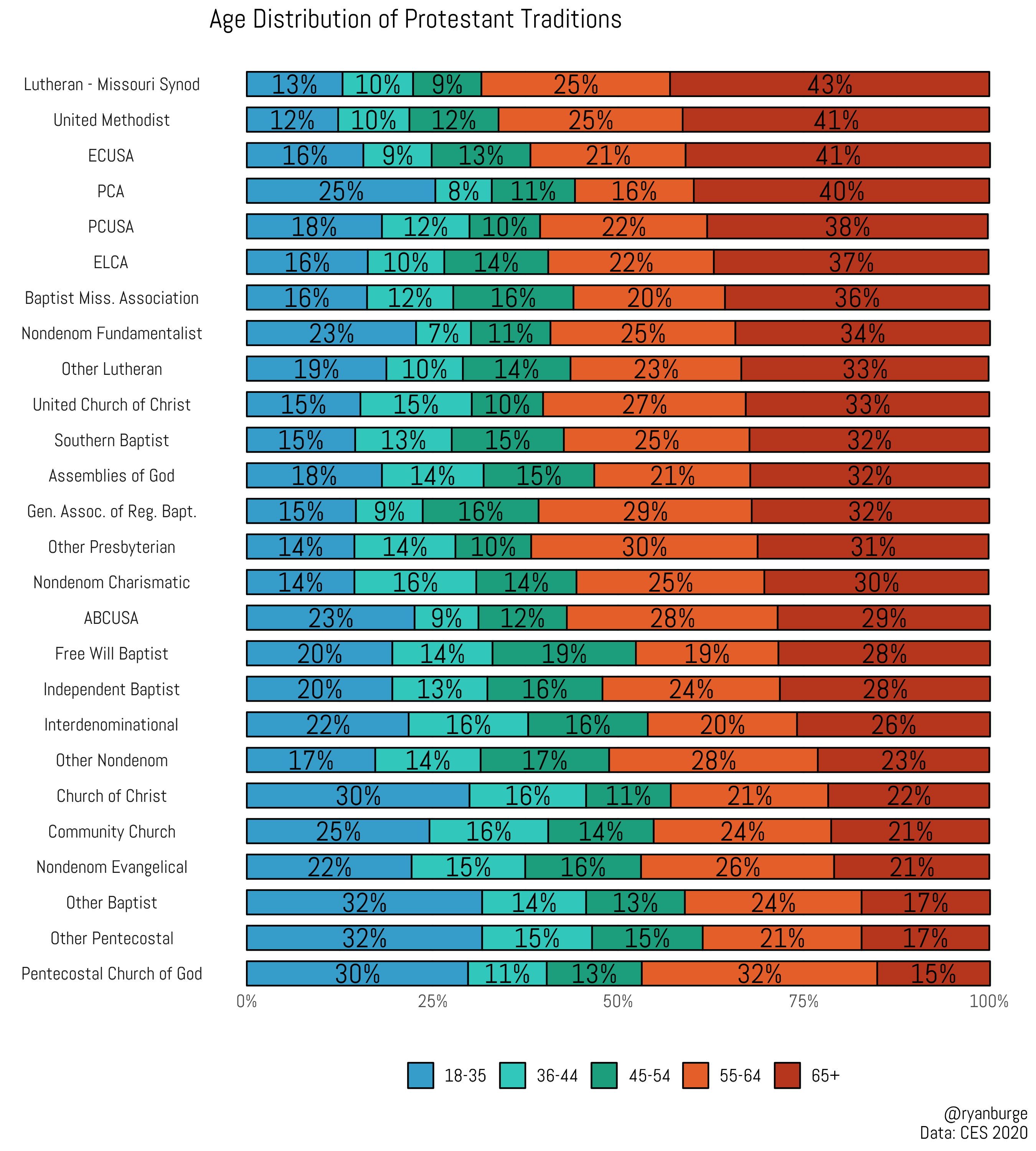Church Leadership Book Reading, Year 2
This past year I continued hosting a monthly book club with the leaders (mostly aimed at elders) of my church, aimed at theological and biblical development, conversation starters for ministry, and growing in a shared, cohesive vision for our church. The year 1 list can be found here. Below are the books we read together this year.
Same-Sex Identity and Pastoral Care
This is a lightly edited manuscript of a training talk I delivered to my presbytery on Saturday, April 27th 2024 on same-sex identity and pastoral care. The audio can be found here. The assumed audience is a mix of pastors and lay elders who have a passing familiarity with the topic. They were provided this reading list in advance. This talk doesn’t nearly hit everything related to this subject (I’ve written a good bit on other aspects of it here) but was aimed at providing a Reformed, Westminsterian framework for ministry to those who are same-sex attracted. As an aside, I am very aware that I mispronounced “concupiscence” in my talk; alas, it is a mistake I slip into all too often!
Introduction
I’d like us to imagine two pastoral situations, that if you haven’t already encountered, you’re likely to. First, a man in your congregation comes to you and says “I believe in the traditional Christian sexual ethic, that sex is reserved for marriage and marriage is the monogamous union of a man and a woman. But I’ve always struggled with same-sex attraction. I don’t indulge that desire in thought or action, but that compulsion or orientation to same-sex attraction has been present with me my entire adult life. Pastor, do I need to repent of that orientation?”
A lot of us are wondering what the big deal with the question is. Half are probably thinking, “He’s not acting on it, so of course he doesn’t need to repent! He’s already given up so much for Jesus, it’s cruel to add new laws on top of him.” The other half are probably thinking “Of course he needs to repent! A same-sex orientation is sinful, and ignoring any remnant of sin is a form of indulging sin!…”
What the EPC Can Learn from the PCA

There is much my own Evangelical Presbyterian Church (EPC) can learn from the Presbyterian Church in America (PCA). Although the EPC and PCA hold to the same doctrinal standards, the EPC is shrinking while the PCA is growing. The EPC can learn a lot from our larger partner about how to remain faithfully confessional and missionally relevant in post-Christian America.
Broadly speaking, the PCA is the only non-Pentecostal denomination still growing in the United States. That should cause every leader in the EPC to pay attention: the only non-Pentecostal denomination still growing in America is a confessionally Reformed, doctrinally rigorous church, and it’s not us.
So, here are the usually caveats at the outset. First, while the EPC should desire for its congregations to grow and to become a bigger denomination, our first goal should be to see Christ’s kingdom grow. Second, numerous individual EPC congregations are growing and healthy and some PCA congregations are shrinking and unhealthy. But on the whole, the EPC is shrinking while the PCA is growing, and I am focused on the general contours of both churches. Third, applying principles of denominational growth to individual congregations is immensely difficult. That requires a culture shift and buy-in. Fourth, most of what makes the PCA successful required steps it took 30-40 years ago. The EPC could try and replicate the PCA’s current practices, but without a similar foundation those practices will flounder. At the same time, the EPC cannot simply duplicate what the PCA was doing from 1984-1994 in 2024; the world is different, and so the application of this foundation will by necessity look different…
